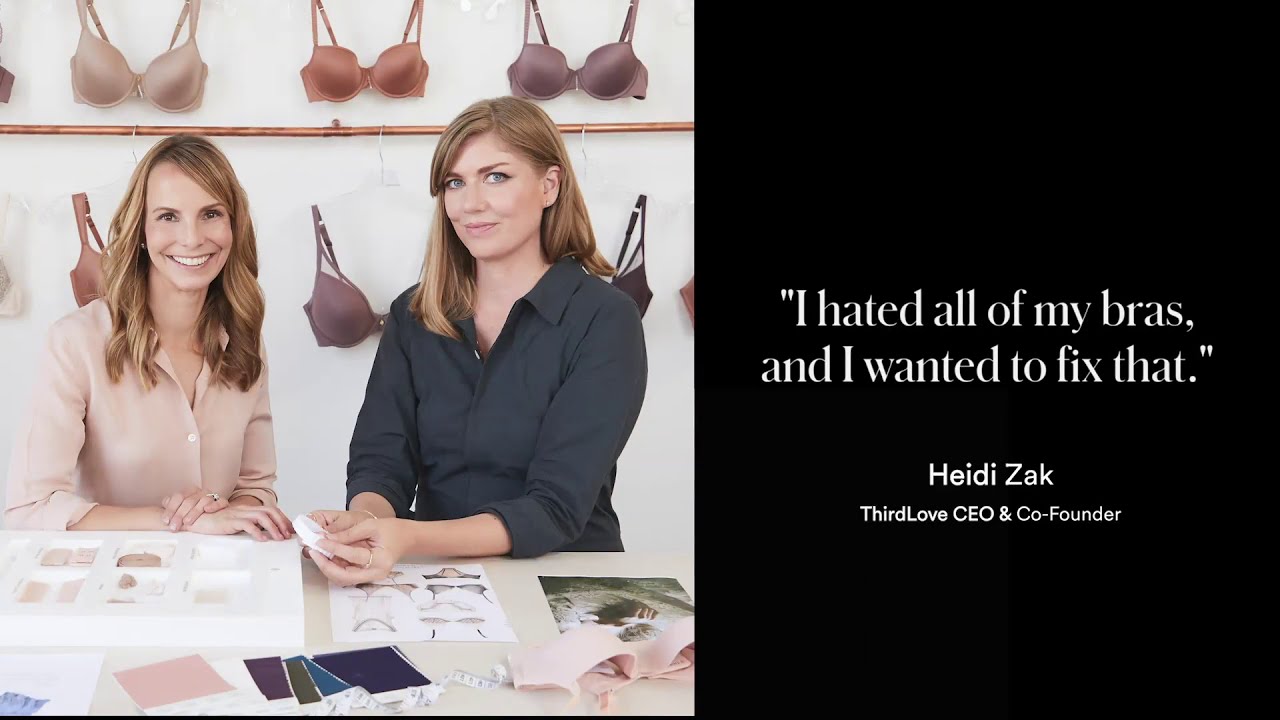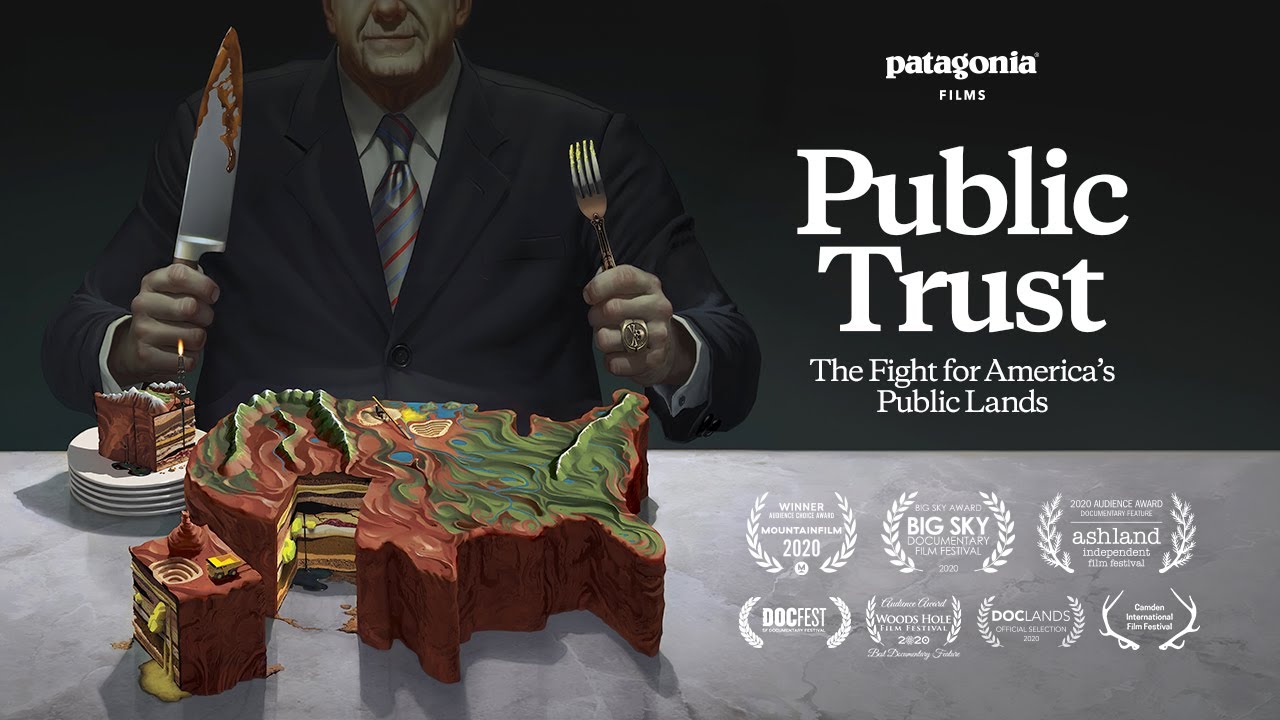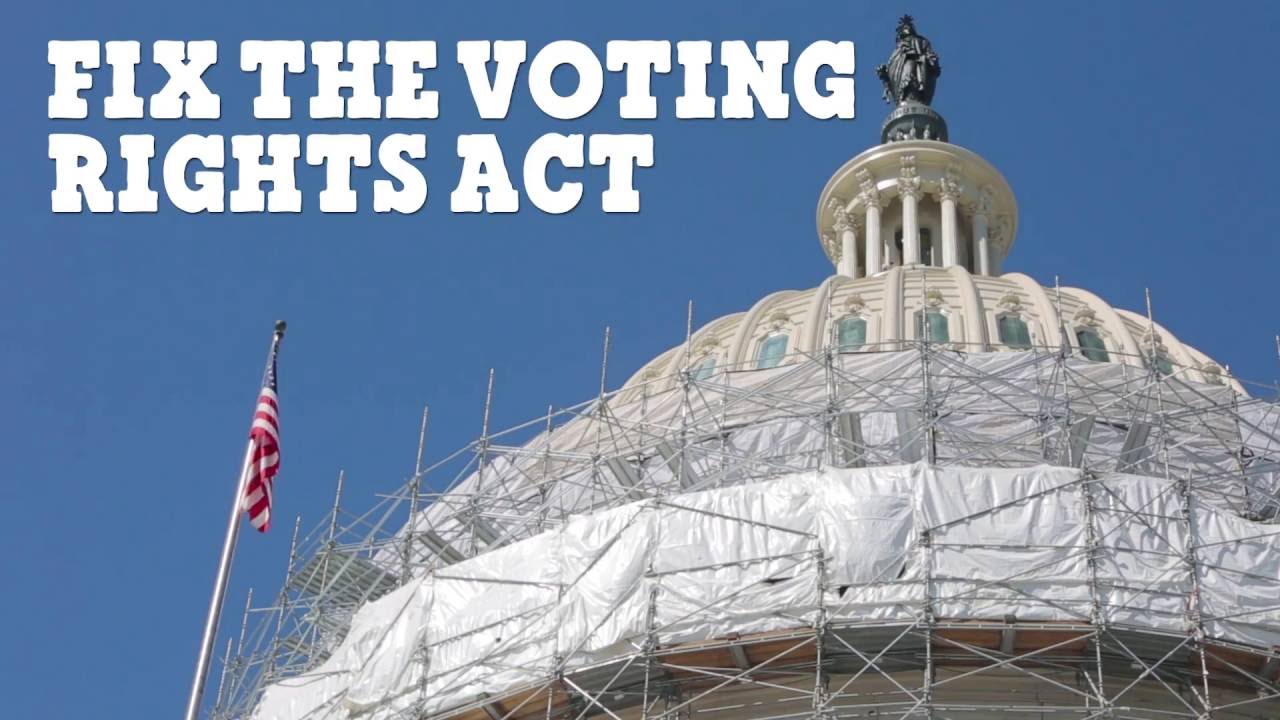3 brands that prove authenticity in marketing is paramount
What is authenticity in marketing? Authenticity in marketing is brands creating marketing strategies that reflect their core values even if these strategies go against the norms or business standards.
Lingerie brand ThirdLove doesn’t feature slim supermodels to sell its bras, outdoor clothing company Patagonia asks its customers to buy less on Black Friday and ice cream maker Ben & Jerry’s calls upon everyone to dismantle white supremacy which prompted thousands of people to accuse the company of being anti-law enforcement.
ThirdLove – To all women everywhere, we see you and we hear you
Founded in 2013, Third Love is producing and selling bras and underwear.
The company was the first bra and underwear brand to offer trademarked half-cup sizing and a mobile app allowing women to measure themselves at home.
It all began with co-founder Heidi Zak’s frustration with lousy bras and bad fits. That’s when she decided to build her own bra thus Third Love was born.
Third Love celebrates diversity; it’s one of the company’s main core values and it reflects in their marketing.
Just as the company designs their bras with real women’s measurements, their marketing campaigns and overall online presence feature women of all shapes and sizes.
Such a difference from Victoria’s Secret! The luxury lingerie brand was once the leader of the underwear industry. By 2018, due to a combination of dated business approach, oversexualized images and heavy competition, the brand’s market share had begun to shrink from 31% in 2013 to 24%.
Also in 2018, Third Love had a run-in with Victoria’s Secret over the interview that the brand’s CTO gave to Vogue Magazine.
In this interview, he basically said that Victoria’s Secret supports the woman as long as she portrays herself as the object of the heterosexual white male’s fantasies.
He also hinted toward Third Love by saying “We’re nobody’s ThirdLove, we’re their first love.” This prompted Heidi Zak’s reaction in the form of a full-page open letter published in the New York Times where she writes:
As you said Ed, “We’re nobody’s ThirdLove, we’re their first love.” We are flattered for the mention, but let me be clear: we may not have been a woman’s first love but we will be her last.
To all women everywhere, we see you, and we hear you. Your reality is enough. To each, her own.
View this post on Instagram
Patagonia – We’re in business to save our home planet
Patagonia is a clothing company that markets and sells outdoor clothing.
The company was founded by Yvon Chouinard in 1973 and considers itself an “activist company”. They’re in business to save our home planet and will use every resource at their disposal – their voice, business and community to solve the climate crisis.
The brand talks the talk and walks the walk. The company has a self-imposed Earth tax, 1% for the Planet, which it uses to provide support to environmental nonprofits working to defend air, land and water around the globe.
Since 1985, when Patagonia took this pledge, the company has donated over $89 million in cash. In 2019, it is estimated that the company had $800 million in revenues.
Patagonia is followed by almost 1,8 million people on Facebook and 4,6 million on Instagram. They are building a strong community online and offline.
The company’s marketing strategy is to support its activist-led campaigns (like the company’s anti-Black Friday ad Don’t buy this jacket). To achieve this goal, Patagonia uses storytelling to turn consumers into activists. Its online presence features only a few scattered sales posts.
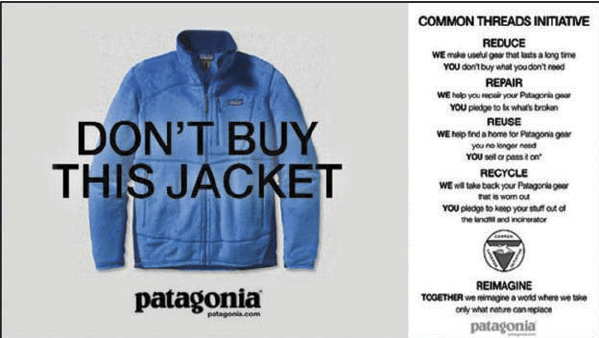
Ben & Jerry’s – Democracy is in your hands
Ben & Jerry’s manufactures ice cream.
It was founded in 1978 by Ben Cohen and Jerry Greenfield, hence the company name.
The company’s mission is to create prosperity for everyone that’s connected to its business: suppliers, employees, farmers, franchisees, customers, and neighbours alike.
They care about a wide range of issues from racial justice to fairtrade, democracy to LGBT equality.
Why does an ice cream maker care about political and social issues?
In an HBR piece published earlier this year, Ben&Jerry’s CEO Matthew McCarthy answered this when asked about the company’s core commitment to speak out on issues they feel strongly about:
We do these things not to sell more ice cream but because we care about people and have values. All businesses are collections of people with values; it’s a force that’s always there. {…} I believe that increasingly, in a world of hyper-transparency, if you’re not making your values known publicly, you’re putting your business and brand at risk.
The latest reports on consumer behaviour are highlighting that fact that most consumers (86%) want brands to take a stand on social issues and they would also purchase a product because a company advocated for an issue they cared about (87%).
What consumers are asking brands today is not what do you stand for but what do you stand up for?
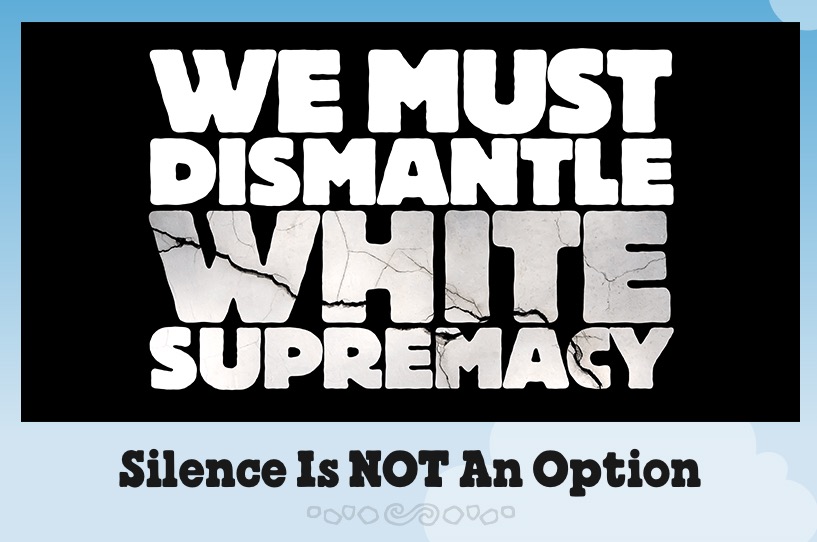
Here is Matthew McCarthy’s recommendation for companies looking to make activism part of their core values:
If you don’t know what you want to do, talk to your staff, get people together, create the space for this discussion around values. You could decide that your thing will be The Humane Society. It could be packing lunches. It can be anything. What it can’t be is nothing.
Join the Conversation
We’d love to hear what you have to say.
Get in touch with us on our LinkedIn Page, Facebook Page, Twitter or TikTok.
